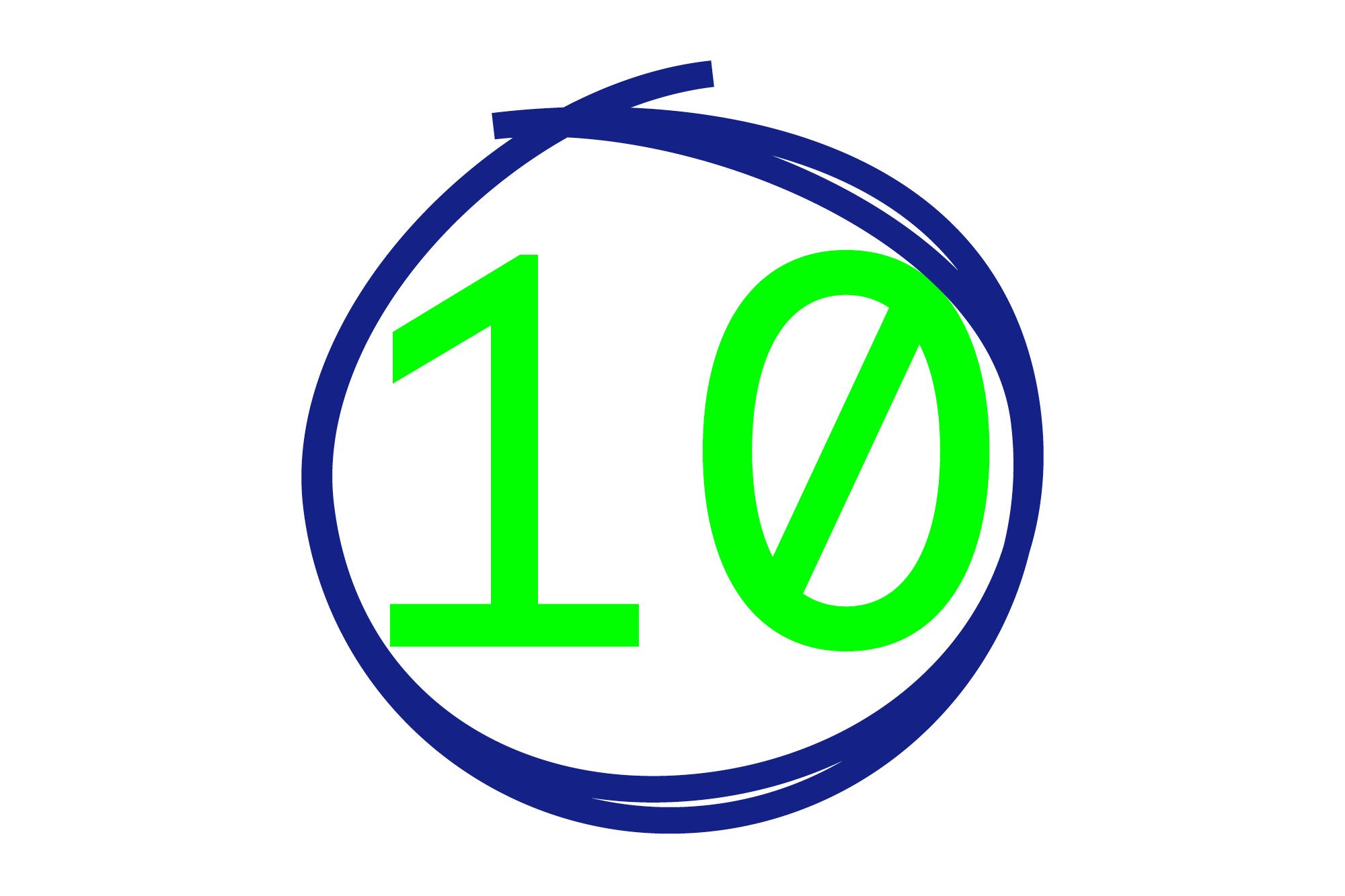Describe the Ideal Candidate in three words BRIGHT / DRIVEN / KEEN
What’s the most common mistake people make when they apply for jobs? Assuming that our website will yield all the information they’ll need, suggests a lack of resourcefulness and passion for wanting to work specifically in our studio. Finding the right job is really tough. But finding the right candidate is equally so. We only want people who are passionate about working at Rose. So it’s vital to do as much homework as possible in advance. On the work, the people, their backgrounds, their clients. Blogs, back issues of magazines and the many books and anthologies of graphic design work where good studios are featured are all useful clues. You don't need to turn into a stalker. But demonstrating how keen you are by knowing more about a studio than can simply be gleaned from their website in five minutes, is guaranteed to increase your chances of making the right impression.
What’s the best question anyone’s asked you in an interview? “How do you take your tea?” is always good. “How often do you review salaries?” not so good. One of my first job interviews was with John McConnell at Pentagram (whom I subsequently worked for). I asked him for some advice at the end of our meeting. He said, “Always best to keep interviews short and sweet. Don’t feel the need to reveal everything about yourself to someone you've only just met. You can always wear a Viking helmet to work once you’ve got the job, if that’s your thing.” Which it wasn’t, in my case, but I've always been mindful of this advice.
How important is it for you to see personal work? It depends on the rest of a candidates portfolio and how much experience they have. We’ve seen young designers who have already worked in studios but not yet had the opportunity to demonstrate their strengths or shine. So personal work can certainly help to supplement a portfolio in this instance, if it demonstrates a commitment to big ideas and beautifully crafted executions, which may be lacking in their commercial experience to date. But we’ve also seen experienced designers, with good commercial portfolios, whose personal work suggests they long for a completely different world altogether (frustrated writers, illustrators or photographers for example). So it’s important for candidates to assess what and why they’re showing personal work, to ensure its relevance.
Is it possible to do too many internships? We don’t think so. If candidates are determined, tenacious, and can afford to, it’s far more valuable to have spent time in different studios rather than in other temporary jobs. Every studio is different. So getting the opportunity to see life in both large and small studios, gives a great insight into the different avenues our industry has to offer, and where your personal skills and strengths may be best suited.
Do you ever give feedback on interviews? Aside from successful candidates (where feedback is generally very short and positive!) only really if candidates have come through agencies who request feedback for unsuccessful candidates. But it's tricky to give feedback that won't be taken very personally, as we're looking for the right personality and cultural fit as much — if not more — than a great book of work. So, just because a candidate isn't right for us, doesn't mean they should need to change how they present themselves to anyone else.
Rose was founded in 1999 to provide clients with great ideas, crafted beautifully. Since then, we’ve established our reputation and won numerous awards for doing just that (including 2 yellow pencils from D&AD and a World Gold Medal from the New York Festivals) but more importantly, have helped our clients build bridges to their audiences. We specialise in helping brands create and develop enduring and memorable identities. The studio structure consists of two creative directors, a studio manager, four designers, regular interns, a part-time book-keeper and a part-time business development manager. We are currently working on projects for: BAFTA, D&AD, Design Museum, Hay Group, Jerwood Foundation, K College, Mediacom, National Portrait Gallery, The Old Vic, Royal Mail, Tate, TFL, Unilever, V&A, Wave, India
